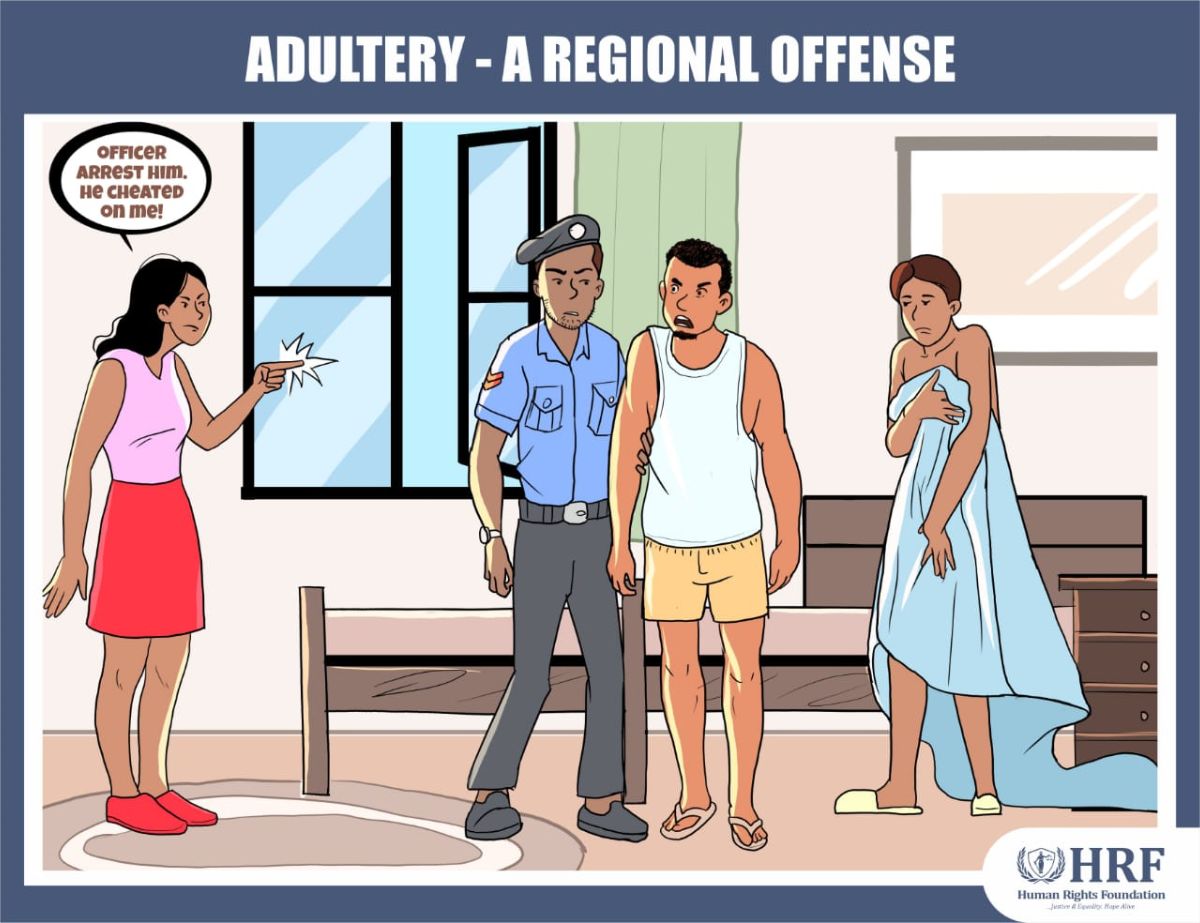.jpg)
A Challenge to the Enforcement of the Fundamental Right to Life
Blasphemy-related killings have been a recurring tragedy in Nigeria for decades. Despite being a nation that constitutionally ascribes secularity to itself, the country continues to witness repeated violations of the fundamental right to life under the guise of defending religious beliefs. This raises a troubling question: why has a society that claims to uphold the rule of law allowed mob justice and extrajudicial killings to persist without consequence?
The 1999 Constitution of the Federal Republic of Nigeria (as amended) guarantees both the freedom of expression and the freedom of religion. However, the enforcement of blasphemy-related actions, alongside the apparent complacency of law enforcement agencies, directly contradicts these constitutional protections. The failure to uphold constitutional supremacy has emboldened mob violence and undermined the state’s responsibility to safeguard human rights.
Over the past five years, Nigeria has recorded numerous cases of mob killings linked to alleged blasphemy. A recent example involves a food vendor named Ammaye from Katsina State, who was stoned to death in Niger State after being accused of making a blasphemous statement. Reports indicated that despite attempts by security personnel to protect her, the mob overpowered them and stoned her to death, according to The Guardian.
This is not an isolated incident. Time and again, alleged blasphemy suspects are brutally murdered, yet no serious arrests are made, no meaningful investigations are conducted, and no one is prosecuted. Instead, such incidents become mere headlines, sparking divisive public debates, some defending the killings, while others condemn them.
In the case of Ammaye, authorities claimed that security operatives were “overpowered” by the mob. However, this explanation raises serious questions. Why was there no evidence of security officers calling for reinforcements? Why were no arrests made after the attack? Such patterns suggest systemic negligence, and in some cases, silent approval by state actors.
Nigeria’s legal framework on blasphemy is ambiguous. Section 204 of the Criminal Code criminalizes insults to religion, but the Constitution, which remains the grundnorm, unequivocally guarantees the right to life even for accused persons. Under no circumstances does the law permit extrajudicial killings, yet law enforcement agencies often fail to protect suspects or prosecute offenders.
Killing, regardless of motive, is a capital offense under Nigerian law and constitutes a grave violation of the right to life enshrined in Section 33 of the Constitution. The state has a constitutional and moral duty to protect lives and ensure justice. The continued complacency of State actors signals a disturbing culture of impunity.
Section 10 of the 1999 Constitution clearly provides that:
The Government of the Federation or of a State shall not adopt any religion as State Religion. However, the repeated failure of law enforcement to act decisively against perpetrators of mob killings suggests partiality and bias, undermining Nigeria’s secularity and eroding public trust in state institutions. This inaction not only emboldens extremists but also deepens religious intolerance and social division.
Law enforcement agencies must act decisively to protect lives, apprehend offenders, and prosecute them accordingly.



.jpg)
0 Comments